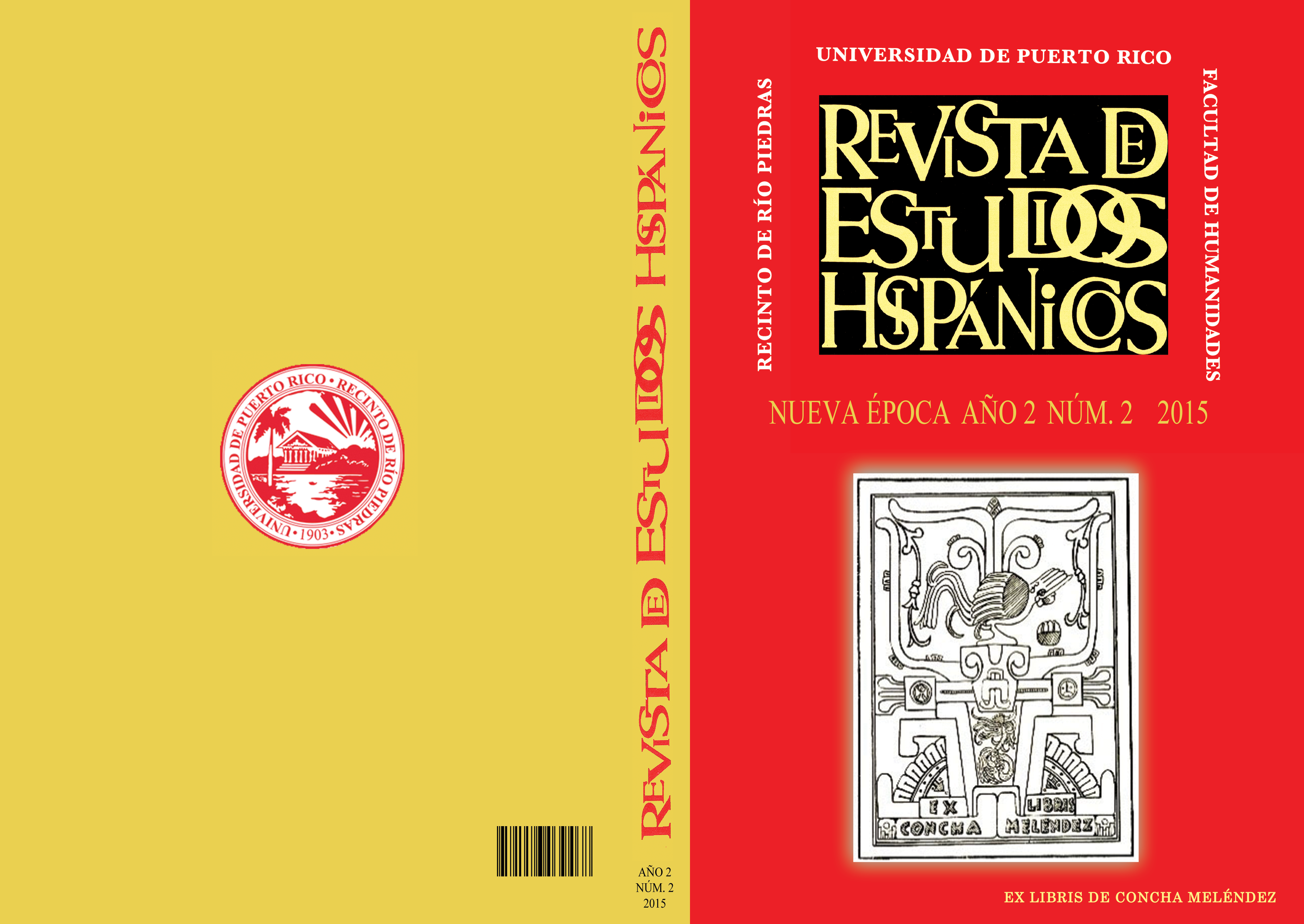Abstract
In this paper, we propose the analysis of two Peruvian novels (Candela quema luceros, by Felix Huaman Cabrera, 1989; and Las mellizas de Huaguil, by Zein Zorrilla, 1999), which are part of the so-called "novel of the violence" or "novel of the internal armed conflict". The novels analyzed are structured on temporality and distortion caused by the war between the Armed Forces of the Peruvian state and Sendero Luminoso (1980-2000). Rather than contribute to ensuring such a category as a block, the analysis examines the mythical vision that, in both novels, acts as a resistance through the traumatic fracture of modernity and that, in the historical circumstances of violence, is revealed as a legacy that is not only true in rural and archaic contexts that have generated the myths, but can be incorporated into modernity with its symbolic, social and construction of subjectivity values.This work is licensed under a Creative Commons Attribution-NonCommercial 4.0 International License.
Downloads
Download data is not yet available.

